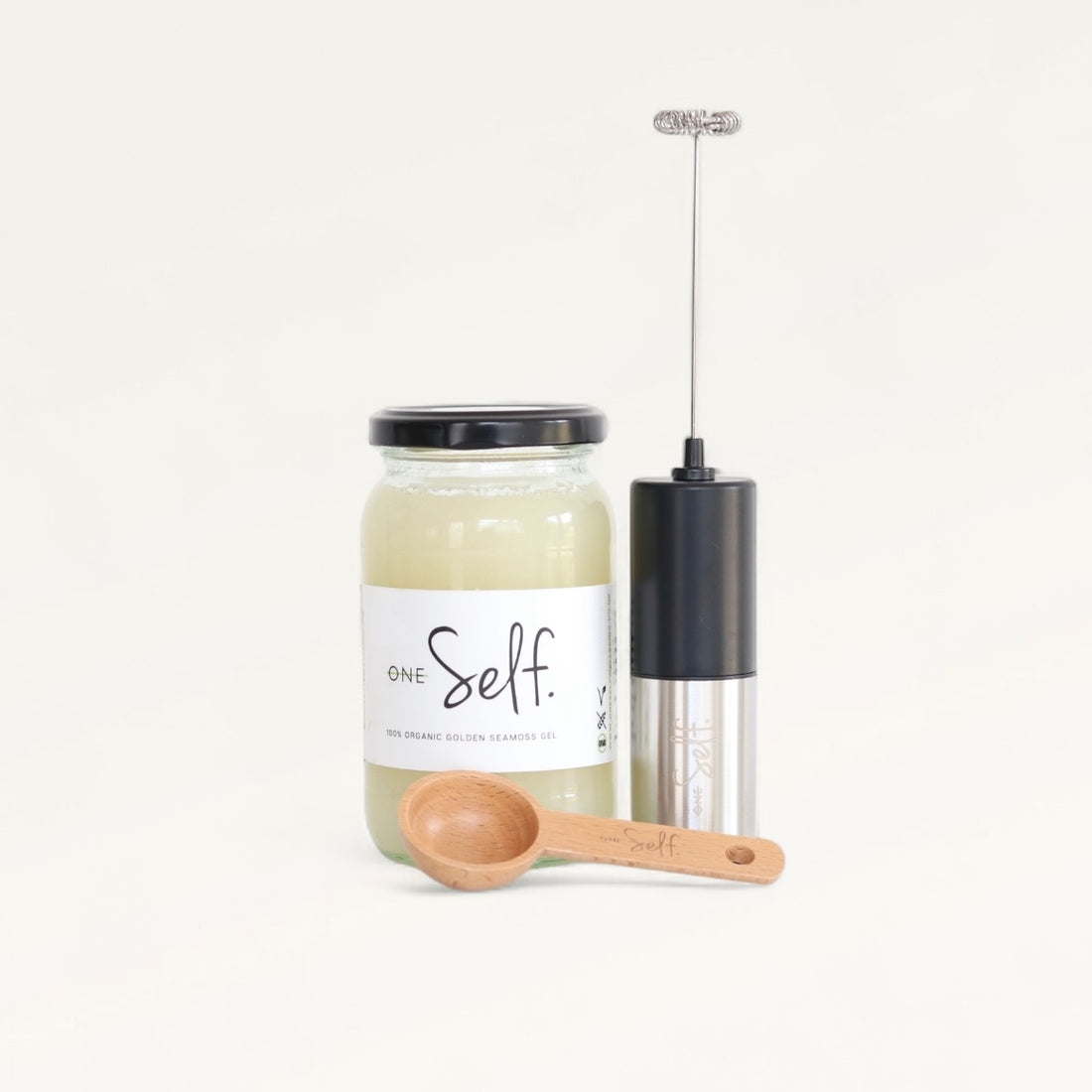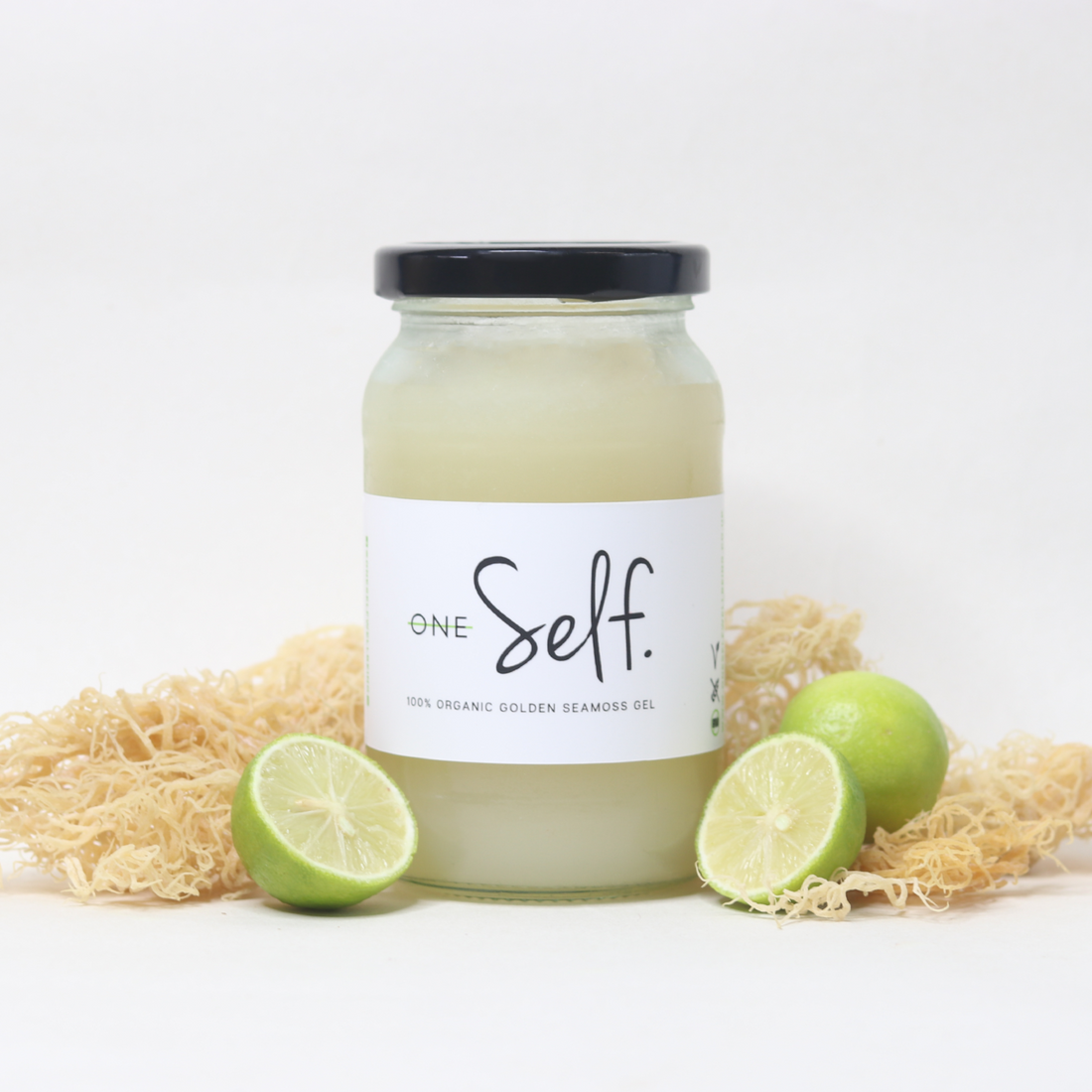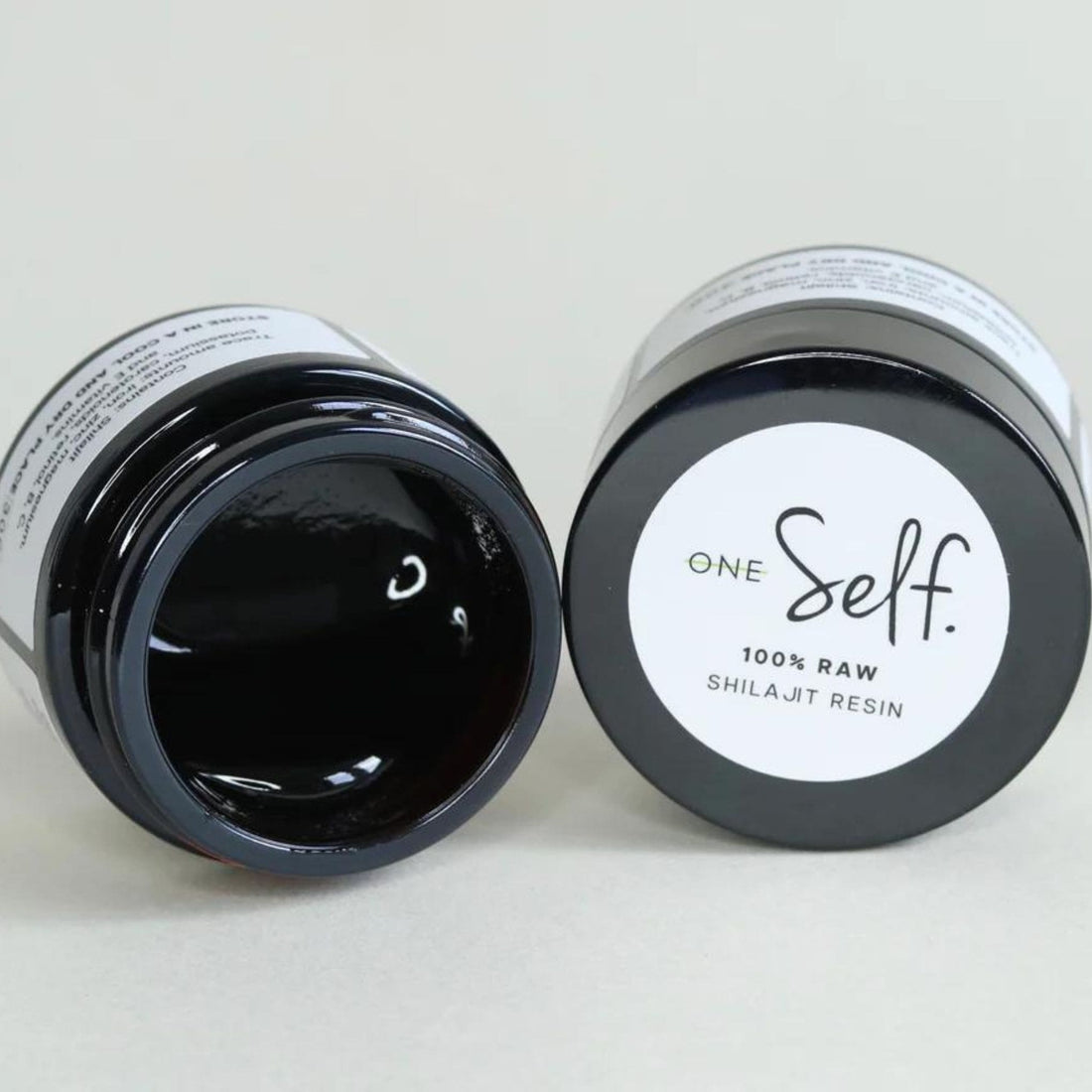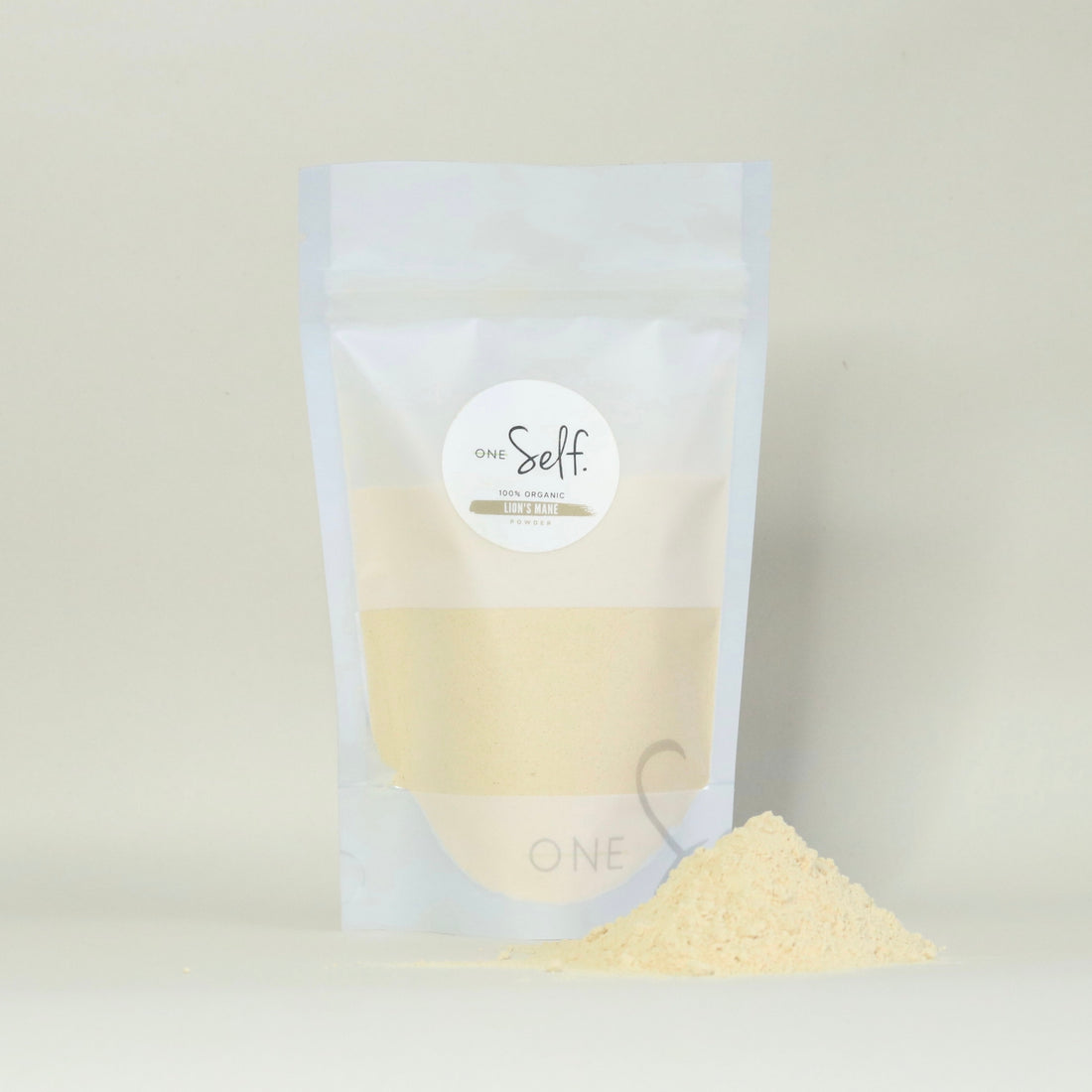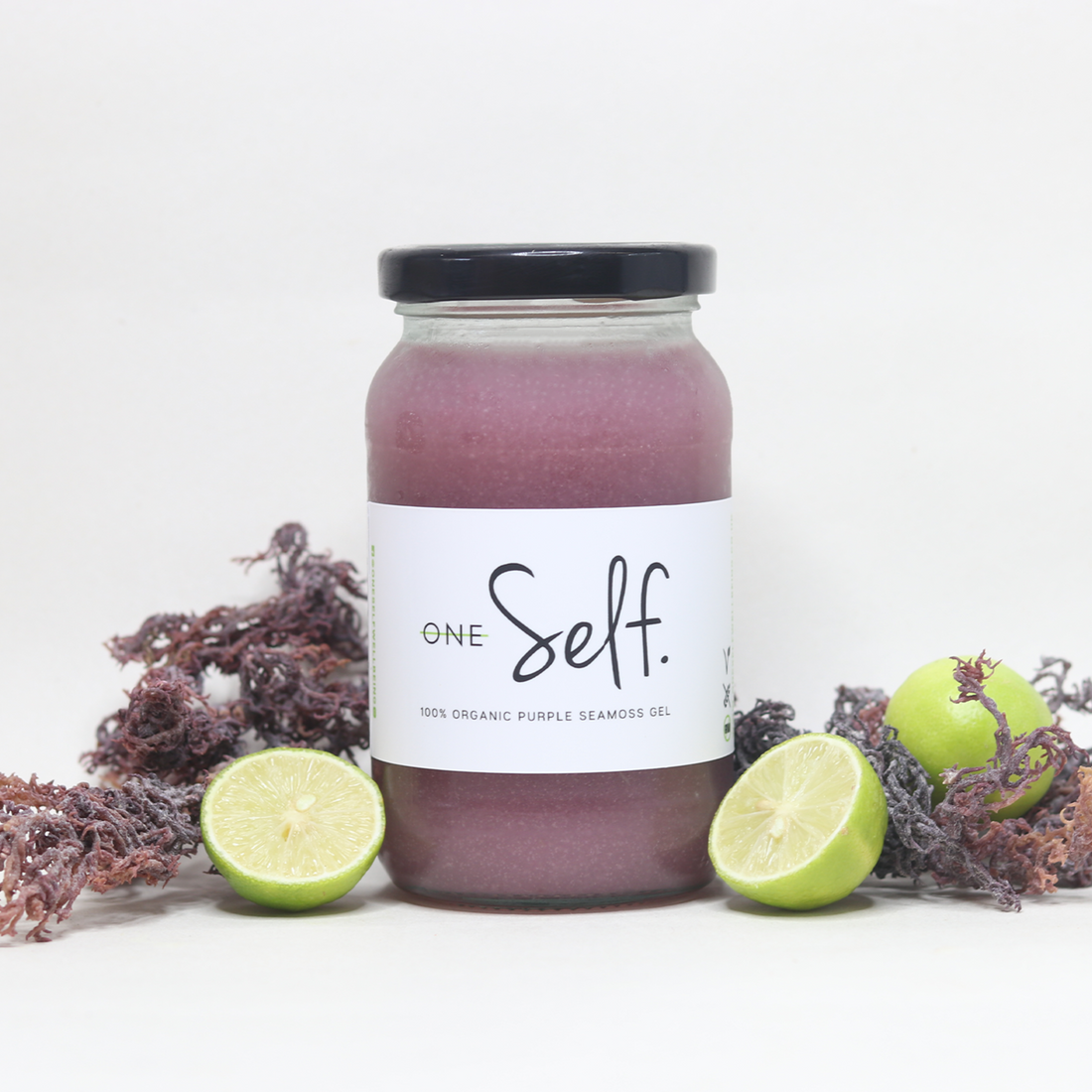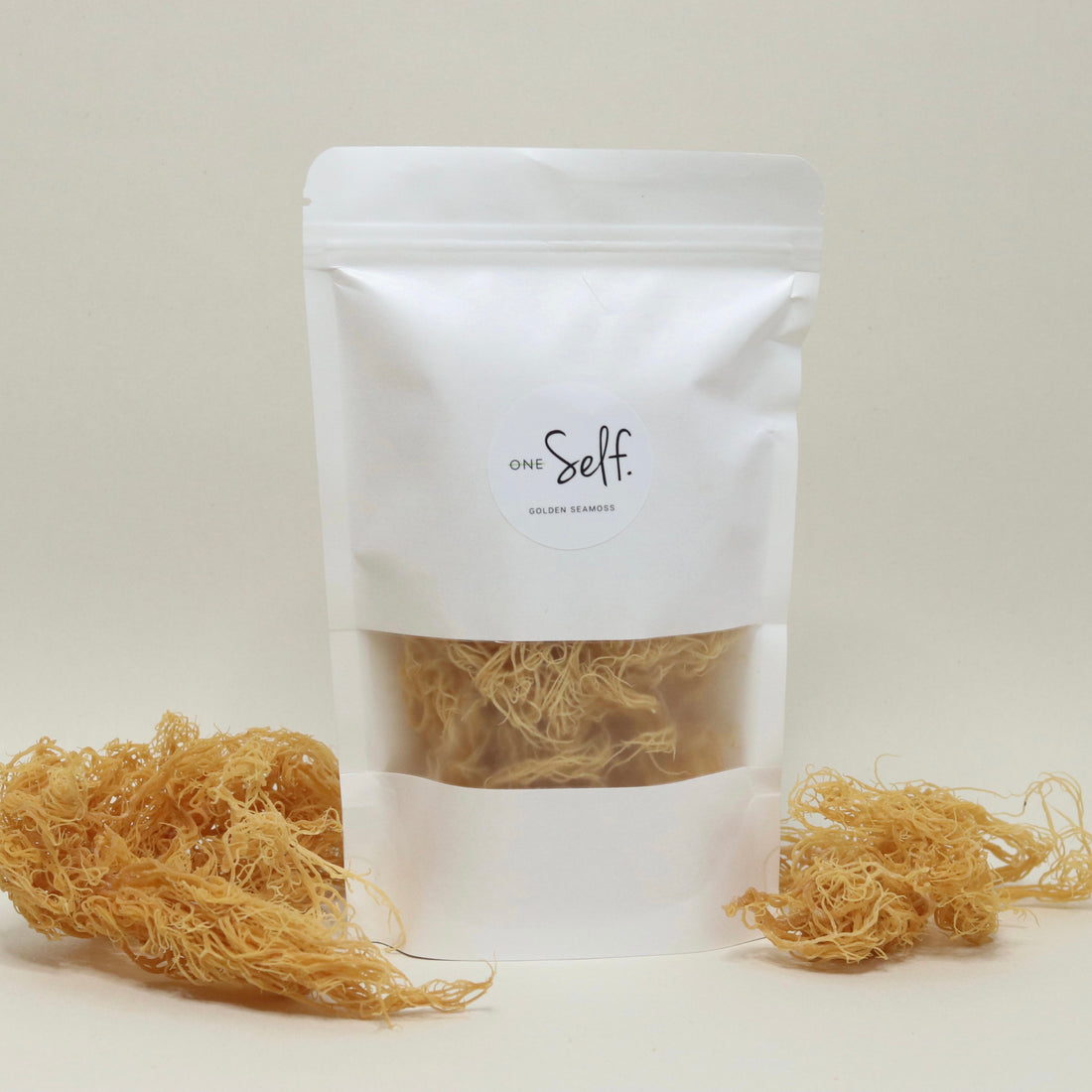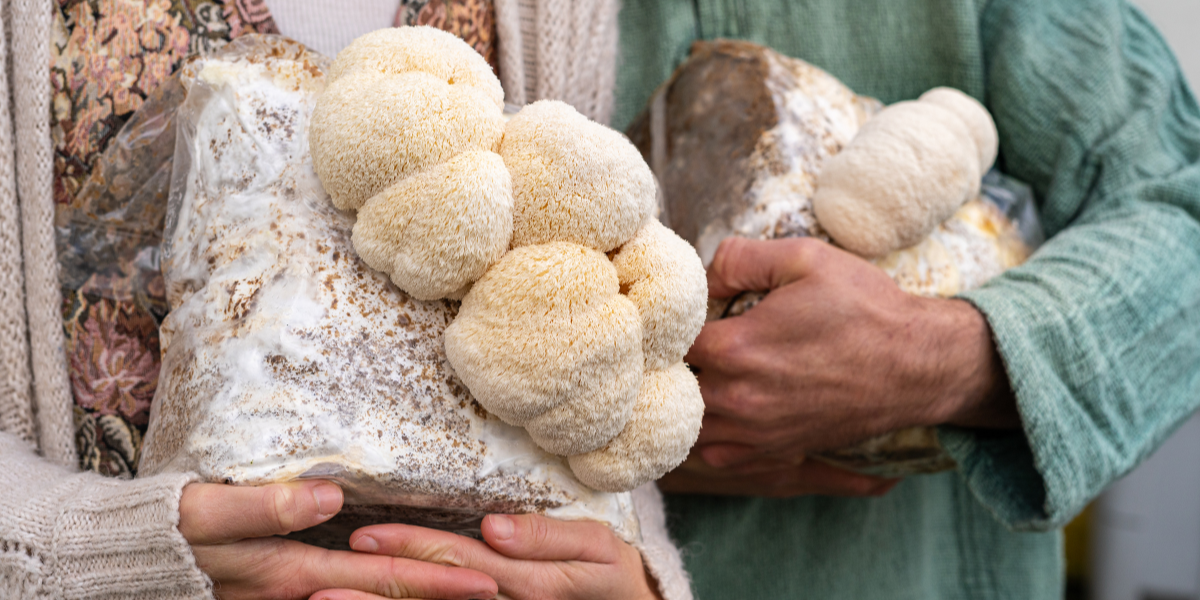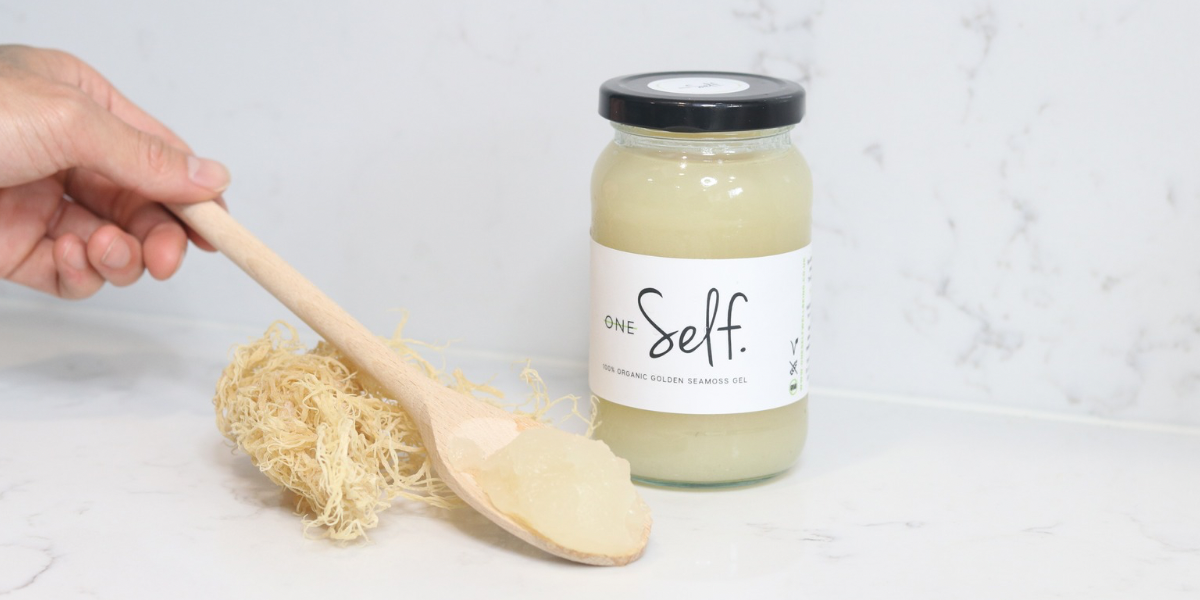5 minute read
Gut health has become such a social-media-hyped trend that you’d be forgiven for zoning out at the mention of it.
Yet, the Father of modern medicine (Hippocrates) suggested over 2,000 years ago that ‘all disease begins in the gut’.
That’s a long lasting trend. Perhaps there is something important behind the buzzword afterall.
We've broken down the ins-and-outs of gut health for the most important systems of your body, and which superfoods are best for your gut health in these systems.
WHAT IS A HEALTHY GUT?
First, what even constitutes a ‘healthy gut’?
When we’re talking about your gut, were talking about each organ that runs in a connected system from your mouth to your *ahem* exit passageway.
A healthy gut is simply a gut where each of these systems do their jobs separately and work together to get food and water from one end, safely to the other, whilst turning it into energy and nutrition along the way.
When you say it like that, it’s no easy feat, and no surprise that things go wrong quite often.
The main function of your gut is to digest and absorb food and water, but it also plays a vital role in your immune health, your brain health, your skin, hair, energy levels, sleep and more.
We’re really just scratching the surface of what it means to have a truly healthy gut.
WHY SHOULD I TAKE CARE OF MY GUT HEALTH?
Taking care of your gut health, then, is like life insurance.
We know poor gut health can lead to almost 70% of chronic diseases as well as low energy for life, mood disorders, and obesity.
As science emerges, it’s becoming more and more clear that gut health should be everyone's top priority.
HOW DOES GUT HEALTH AFFECT MY SKIN?
Do you know what the largest organ in your body is? It’s not your brain, it’s not your gut, it’s actually your skin.
And your skin is very sensitive.
There’s no direct route from gut to skin, but there are many indirect routes through which they communicate with each other (like how back-roads indirectly affect main roads).
Your gut health can create unwanted effects in your skin primarily through inflammation, bacterial overgrowth, and poor nutrient absorption.
Where do you think your immune system is located? Would you have guessed that 70% of it is located in your gut? (1).
Research suggests that an imbalance in the gut microbiome, known as dysbiosis, can trigger your immune system to create inflammation.
This can lead to chronic inflammation, and can trigger or worsen skin conditions such as acne, eczema, and psoriasis.
This same inflammation can lead to poor absorption of nutrients that create healthy skin -such as vitamin A, D, E, and K.
This tends to lead to conditions such as dandruff, dry skin, irritated skin, and acne. Learn more about natural skin-care with superfoods here.
To take care of your skin from the inside out, try coupling our Turmeric infused seamoss (which is anti-inflammatory and packed with skin-food) with a healthy, anti-inflammatory diet.
HOW DOES GUT HEALTH AFFECT MY HAIR?
Let’s be honest, you can tell when someone's hair is healthy in one glance.
It seems to be an in-built instinct.
Long, luscious, shiny hair is the result of plenty of vitamins and minerals such as vitamin B, D, E, zinc, and biotin. These vitamins and minerals are absorbed by the gut through your diet.
Yet, you can eat all the vitamin rich foods you like, if your gut isn’t absorbing them, your hair won’t receive them.
The key here is to improve gut health and strength at the same time as feeding it lots of ‘hair-nutrients’ -learn more about natural hair care here.
If you want to improve your hair health, we recommend starting with tumeric-infused seamoss (just like we recommend for your skin!), and supplementing with vitamin-rich moringa.
Moringa has been shown to promote hair growth, and contains an abundance of zinc which helps to keep your hair healthy and strong (2).
HOW DOES GUT HEALTH AFFECT MY ENERGY?
Ok, there’s not much point in having luscious locks and glowing skin if you don’t have the energy to show it off to the world.
Can you improve your energy and sleep quality through your gut? Absolutely!
Your gut produces hormones that affect your mood and energy levels. Among those hormones is serotonin -95% of which is produced in your gut (3)!
You've probably heard of serotonin's positive effects on mood, but serotonin also plays a role in balancing your daily energy levels and making sure you get good sleep.
When your gut is unhealthy (and inflamed), you receive less serotonin, and your mood and energy suffers as a result.
To start taking care of your energy levels and sleep, we recommend adaptogenic mushrooms like chaga and lion's mane.
These mushrooms contain many compounds that benefit gut health, including probiotics that feed good bacteria. Being ‘adaptogenics’ means they are also inherently ‘energy balancing’ -read more about adaptogens and natural energy balance here.
HOW DOES GUT HEALTH AFFECT MY BRAIN?
Are you familiar with that foggy feeling after a big meal? It’s like your brain is trying to digest the food in your belly, and you lose the ability to think straight.
It turns out that this is almost the case.
The gut-brain axis means that, through a complex feedback loop, your brain health and cognitive function are directly linked to your gut.
Most of us intuitively know this; we know that stomach pains are all consuming, and we know that headaches make us feel sick. We also know that strong emotions can reduce our desire to eat, and eating too much can make us feel irritable or unmotivated.
But, did you know that gut inflammation (caused by poor diet, lack of or excess exercise, and poor sleep to name a few factors) triggers brain inflammation? (4).
In the short term, this inflammation can cause the symptoms we’re all familiar with (headaches, brain-fog, irritability), but in the long term, this inflammation can stack up to serious cognitive diseases like alzheimers and dementia.
Reducing gut inflammation could help to reduce brain fog, headaches, and your risk of cognitive diseases.
You can do this through anti-inflammatory foods, packing your diet with probiotics and gut-healthy superfoods like seamoss, chaga, and moringa, and getting adequate sleep and exercise. Learn more about brain-health with superfoods here.
Lion's mane is the superfood superstar when it comes to brain health. As well as its prebiotic and adaptogenic properties, lion's mane is one of the most well researched superfoods for brain health independent of gut health.
Conclusion
Your gut affects every system in your body -it’s the foundation of your health.
There are many ways to take care of your gut, from your diet, to your exercise routine, sleep quality, and superfood supplements.
There are many superfoods to support your gut, so choose one that’s easy for you to fit in your routine, and that suits your individual needs.
REFERENCES
1. Wiertsema, S.P., van Bergenhenegouwen, J., Garssen, J. and Knippels, L.M.J. (2021). The Interplay between the Gut Microbiome and the Immune System in the Context of Infectious Diseases throughout Life and the Role of Nutrition in Optimizing Treatment Strategies. Nutrients, [online] 13(3), p.886. doi: https://doi.org/10.3390/nu13030886
2. F, B.P., W, I.I., C, M.C., I, B.M. and AUDU M. M., M. M (2014). Moringa Oleifera Ethosomes a Potential Hair Growth Activator: Effect on Rats. 188.205.12. [online] doi: http://localhost:8080/xmlui/handle/123456789/693
3. Appleton, J. (2018). The Gut-Brain Axis: Influence of Microbiota on Mood and Mental Health. Integrative Medicine: A Clinician’s Journal, [online] 17(4), pp.28–32. Available at: https://www.ncbi.nlm.nih.gov/pmc/articles/PMC6469458/#:~:text=The%20gut%20provides%20approximately%2095
4. Campos-Acuña, J., Elgueta, D. and Pacheco, R. (2019). T-Cell-Driven Inflammation as a Mediator of the Gut-Brain Axis Involved in Parkinson’s Disease. Frontiers in Immunology, 10. doi: https://doi.org/10.3389/fimmu.2019.00239




